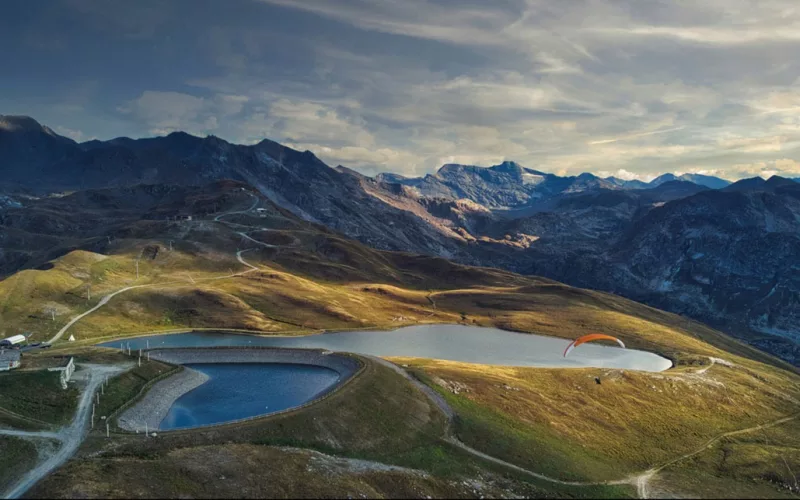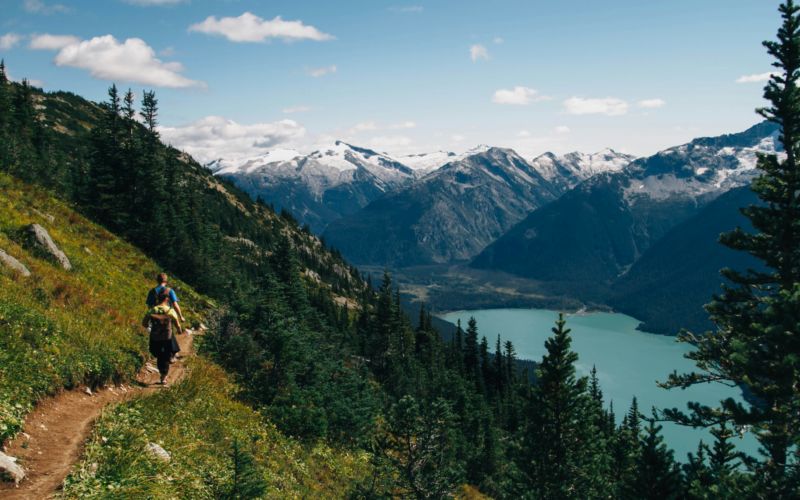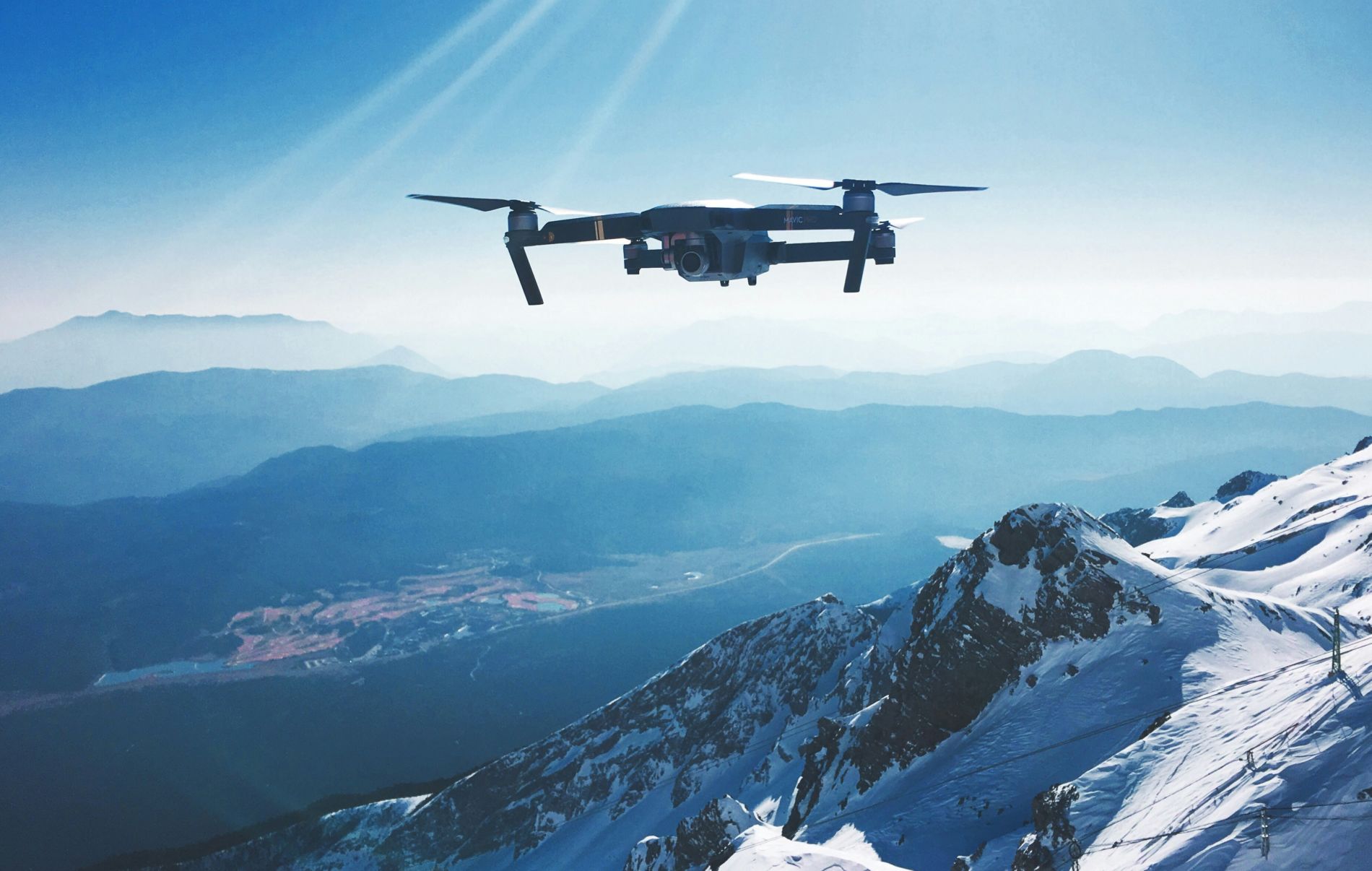Artificial intelligence is transforming numerous sectors, and mountain tourism is no exception. More and more ski resorts and mountainous regions are adopting AI-based solutions to enhance the visitor experience. Here’s how artificial intelligence can shape the mountain tourism experience, both summer and winter.
Greater Personalization of Services
From a tourism perspective, artificial intelligence supports ski resorts, tourist offices, hotels, and mountain accommodation providers by personalizing their offerings based on each customer’s preferences and behaviors. By analyzing past visit data, bookings, and activities, AI can suggest customized packages, suitable sites, and hiking routes for every skill level, as well as activities likely to appeal to each visitor.
Watch our roundtable on the new superpowers of data.
With 24/7 virtual assistance, AI-powered chatbots and virtual assistants give mountain tourism enthusiasts instant access to information around the clock. Whether it’s snow conditions in areas like Chamonix in the Alps or Luz-Ardiden in the Pyrenees, lift schedules, or restaurant recommendations, these virtual assistants significantly improve the customer experience, providing quick, accurate answers drawn from constantly updated databases.
AI, combined with augmented and virtual reality, enables unique immersive experiences for a tailored mountain tourism journey. For example, visitors can view 3D hiking routes, receive real-time information on their surroundings via mobile apps, and even engage in geolocation-based interactive games.
Discover the themed tour on new information and communication technologies, and the exhibitors featured at the 2024 Mountain Planet trade show in Grenoble, France.
Smart Management and Safety in the Mountains
On alpine ski slopes in France and worldwide, optimizing skier traffic flow is now a key asset for reducing wait times at ski lifts and managing energy resources more effectively. Mountain resorts now use AI-driven databases and predictive algorithms daily. These systems analyze real-time skier and lift traffic, allowing adjustments to lift operations, such as slowing lift speeds or redirecting skier flows to less crowded areas.
AI also plays a vital role in enhancing mountain safety. Intelligent monitoring systems can detect risky behaviors on ski slopes, prevent avalanches by analyzing weather conditions, and even help locate people in distress using drones equipped with thermal cameras.
Snow Management Using AI
Intelligent snow management is also a crucial support for ski resorts and the future of the mountain tourism industry. AI enables resorts to optimize snow production by analyzing weather forecasts, snowpack conditions, and expected visitor numbers, determining when and where to produce snow more efficiently and sustainably.
Predictive equipment maintenance also ensures optimal operation of snow groomers and other installations. Artificial intelligence analyzes operational data and can predict potential breakdowns, scheduling maintenance before issues arise, reducing downtime and boosting customer satisfaction.
The integration of artificial intelligence in mountain tourism opens new future opportunities to enhance the customer experience. By offering more personalized services, strengthening safety, and optimizing operations, AI helps make mountain stays more enjoyable, safer, and more memorable. As technology continues to evolve, new innovations will further enrich mountain tourism experiences, especially in the Alps in France and internationally.
a lire également
Innovation

27 May 2024
Sustainable Innovation for Year-Round Mountain Tourism
Fifty years after the “Plans Neige” in France, ski resorts in our mountain regions are facing the full impact of climate change. To anticipate a future where winter tourism might ...
Environment

17 September 2024
How Are Mountain Resorts Responding to Climate Change?
Mountain resorts didn’t wait for the Avenir Montagnes Plan to address climate change. They have always taken a proactive stance to preserve their environmental assets. They have strengthened their sustainable ...
Environment

2 September 2024
Summer Activities: What Impact Do They Have on Mountain Ecosystems?
The rise of year-round tourism goes hand in hand with outdoor activities, but these can weaken mountain ecosystems. How are mountain regions tackling these ecological challenges? What eco-friendly practices are ...



